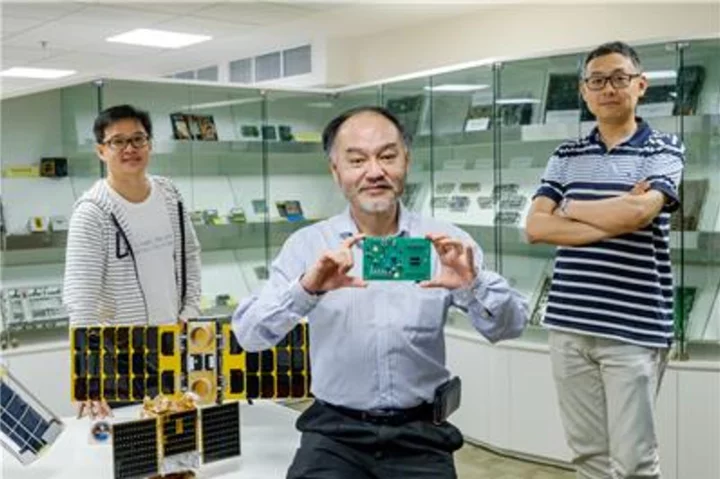A British startup spun out from University College London and the University of Bristol raised £13 million ($16.5 million) to develop algorithms designed for quantum machinery, such as those being developed by Alphabet Inc.’s Google and International Business Machines Corp.
Phasecraft Ltd. said it’s working to develop proof-of-concept products for the UK government, but declined to name the agency. It said it would use the new funding to research software that runs on future quantum processors and speed up the study and discovery of components for use in electric batteries and solar panels.
“These are super important materials that right now the best classical computers in the world cannot model,” Phasecraft co-founder and Chief Executive Officer Ashley Montanaro said in an interview. Phasecraft has been testing its software on machines developed by Google, IBM and Rigetti Computing Inc.
Phasecraft, which has 20 employees, declined to share its valuation after the recent financing, led by California-based Playground Global.
Companies and research labs around the world are racing to build a quantum computer to leapfrog existing technology. Google and others have made significant strides in proving quantum computing is feasible, but they’ve shown few practical applications so far.
“Quantum computers are not there yet,” said Araceli Venegas-Gomez, a physicist who runs Qureca, a quantum professional development firm. “We don’t need a perfect quantum computer to start first understanding why we should care.”
Still, skepticism hasn’t kept away venture capitalists or politicians. The technology’s potential for fields like drug discovery – and its possible security risks – has prompted heavy investments from several nations, including the US, UK and China, which announced plans for a $10 billion quantum lab in 2017. Earlier this month, President Joe Biden restricted US investment in some Chinese advanced technology companies, including those focused on quantum computing. The UK is considering whether to follow.
Ian Hogarth, Phasecraft’s chair and recently-appointed head of the UK government’s artificial intelligence task force, predicts that the startup’s progress, paired with advancements in machinery, mean that the first useful applications of a quantum computer will come within three to five years.
Author: Charlotte Hughes-Morgan and Mark Bergen









